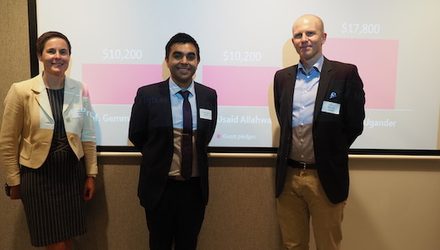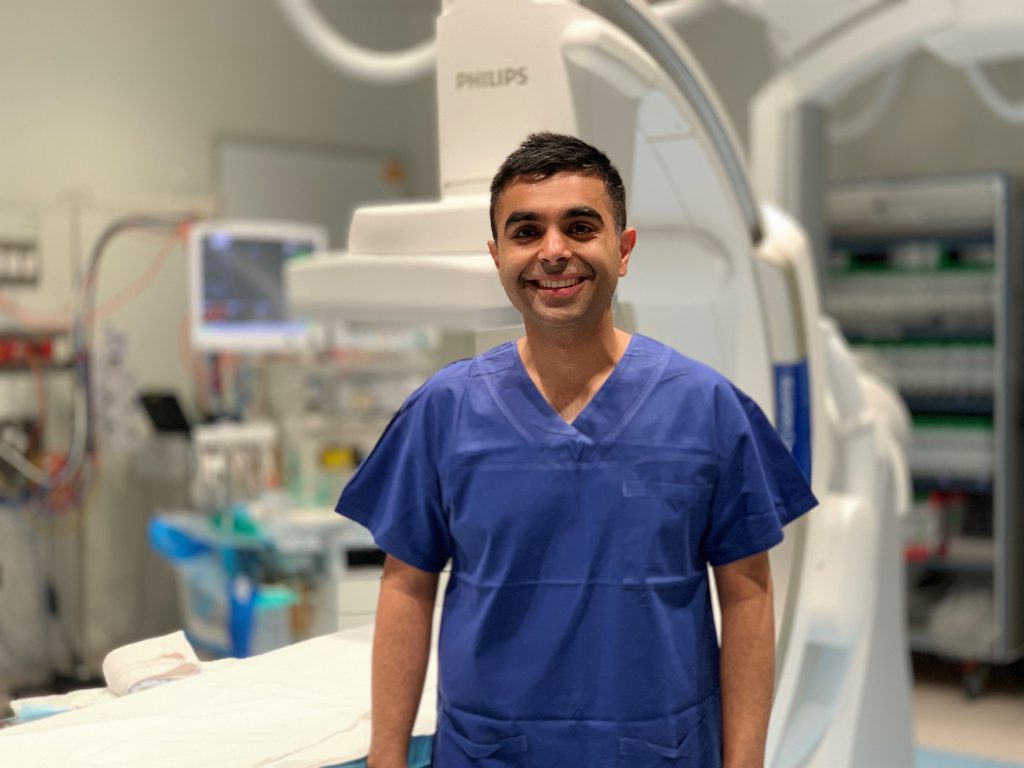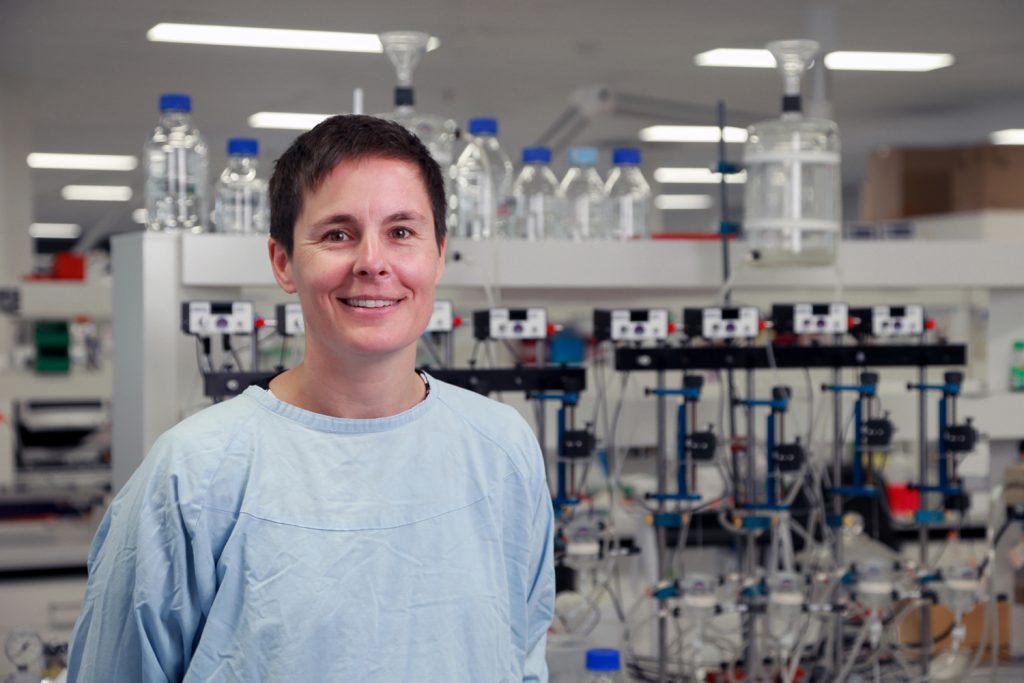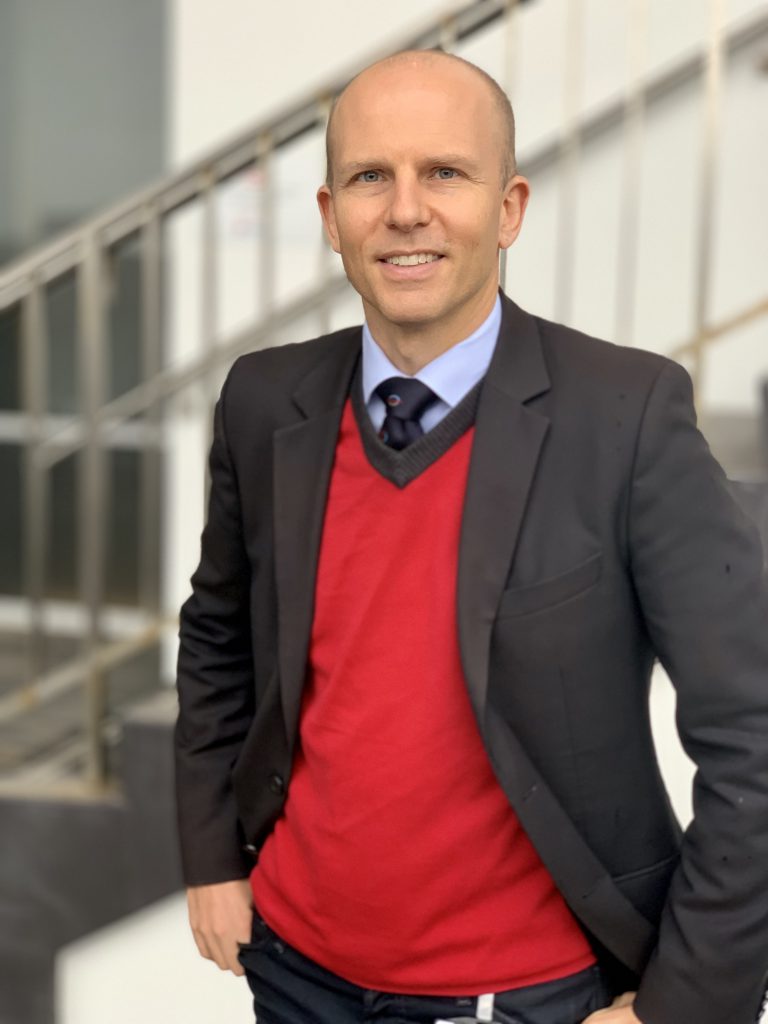
About nine months ago, in a long gone world where we were allowed to be in a room with a group of other people… we had the privilege or spending an evening with some of our wonderful donors and their friends. Remember the good ol’ days….
If you’ve forgotten what it looked like having a group of people together for a night of fun and inspiration, or just want to reminisce on the good old days we’ve put together a short 2 minute compilation video from the night.
We came together to enjoy an evening of inspiring talks about heart research and collective giving. Thanks to much enthusiastic participation and generosity an incredible $38,200 was collectively pledged!
We’ve been in touch with our researchers who spoke to us on the night to see where they are now and how their research projects have progressed despite the challenges that COVID-19 has thrown our way.
We are delighted to report that Usaid, Martin and Gemma have all achieved progress! You can see their updates below:
Growing new arteries – Dr Usaid Allahwala

Dr Allahwala has been working on understanding why certain patients with coronary artery disease are able to develop new vessels, called collaterals. The team has continued to gather information and scientific data on patients with collaterals. With the generous support from donors from Heart Research Australia, the team has been utilising state of the art equipment to gather data on 65 patients with new arteries. This has allowed the team to look for possible chemical and biomechanical causes of collateral development. He has published his interim data and work in the American Journal of Cardiology. Dr Allahwala is also currently working on exciting research looking at a possible link between obstructive sleep apnoea, snoring and developing collaterals, collaborating with researchers across Sydney.
What is causing heart attacks in healthy adults? – Prof Gemma Figtree

Professor Figtree and her cross-disciplinary team of clinicians, researchers, healthcare and industry leaders have made significant progress in their search for novel early coronary artery disease markers to detect and prevent heart attacks in patients who do not present with traditional risk factors of heart disease. Within the BioHEART study, they have recruited 2400 patients who are at risk or suffering from coronary artery disease and are close to completing the screening of the first 1000 patient samples using emerging technologies to identify new blood biomarkers spanning across the entire biology of a patient including genomics, metabolomics, lipidomics, immunophenotyping and proteomics. The team continue to expand the collaborative research team nationally and internationally and are currently working on opening 5 new study sites in Australia. Thanks to the generosity of donors, the dedicated team has moved closer to the next leap in the improved therapeutic care of patients with coronary artery disease.
Better detection, earlier treatment and less deaths from heart failure – Prof Martin Ugander

Professor Ugander has expanded his research with new studies that are all related to improving the detection of inefficient filling of the heart, and small vessel disease in the heart. In particular his interest has sought to better understand, diagnose and treat chest pain. Many men and women have chest pain, but no obstruction of the arteries supplying their heart. Chest pain caused by so-called small vessel disease in the heart is more common in women than men. Many of these individuals do not get a proper diagnosis today. Diagnosing small vessel disease currently requires using special invasive instruments. Prof Ugander’s team recently used MRI to show that healthy women have higher blood flow to the heart. Building on this, his team has invented a new non-invasive MRI method to diagnose and determine the severity of small vessel disease in the heart. This would replace the measurements performed during an invasive angiography procedure. This new method would give a risk-free, non-invasive, and definitive method for diagnosing small vessel disease, so men and women with chest pain due to small vessel disease can get the right diagnosis, and get proper treatment.
A huge thank you to everyone who supported us on the night and helped make change happen. To learn how you can be involved in our next event and help change the future of heart disease email diane@heartresearch.com.au.
